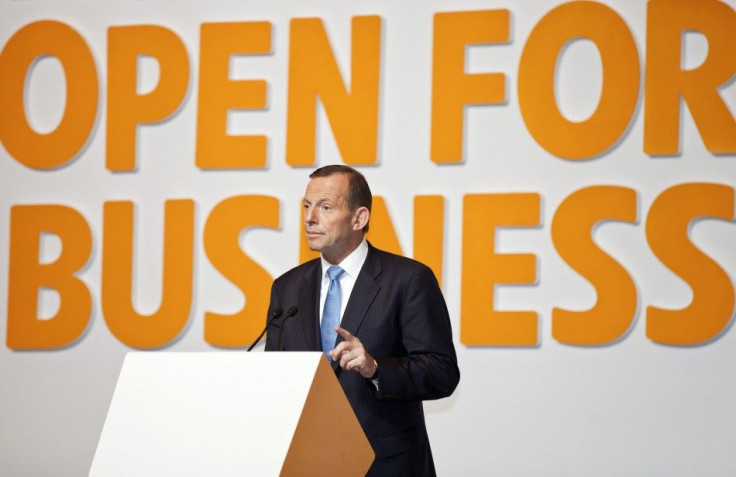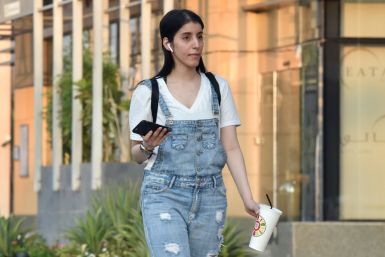Australia's Gap Between Rich and Poor Continues to Grow Under Abbott Government

A new Oxfam survey has revealed a great disparity between Australia's rich and poor. According to Oxfam's report "Still the Lucky Country?" the gap continues to grow as Australia's wealthiest were found to be not paying enough tax.
In a report citing the studies of Credit Suisse Global Wealth Databook and Forbes, there is growing concern about the inequality in Australian society as a result of people who have "too much influence." The report said Australia's wealthiest or 1 per cent is richer than 60 per cent of the population. The nine richest people in Australia have a net worth equal to the entire bottom 20 per cent of the nation.
In the Oxfam survey, 79 per cent of respondents said the gap between the country's rich and poor had widened in the last 10 years while 76 per cent said people do not pay enough tax. About 64 per cent thought the inequality in Australia was making it the "worse place to live."
The report states that inequality is threatening to trap the poor and marginalised members of society and undermine their efforts to fight extreme poverty.
Australians are at risk to unemployment and job redundancy. According to Prof. Michael Osborne of the Oxford Martin School at Oxford University, Australians are at risk of job redundancy in the next 20 years like half of all jobs in industrialized countries. The expert in machine learning said the world is seeing machines or robots being engineered to perform jobs dependent on thinking. Osborne said he has observed a rapid development in technologies in his field of artificial intelligence.
With Prime Minister Tony Abbott's tough budget, families are worried about their finances. Following the days before the budget's release, Australia's consumer index has dropped in anticipation of the budget cuts. Westpac chief economist Bill Evans said the sharp decline in index has left an "unfavourable" reaction towards the federal budget.
Tom Kennedy, an economist for JP Morgan, was not surprised by the low consumer confidence. He said only a few were spared from the federal budget as the government announced cuts in spending for health, education and welfare. Mr Kennedy said families are more likely to control their spending in response to the Abbott government budget.






